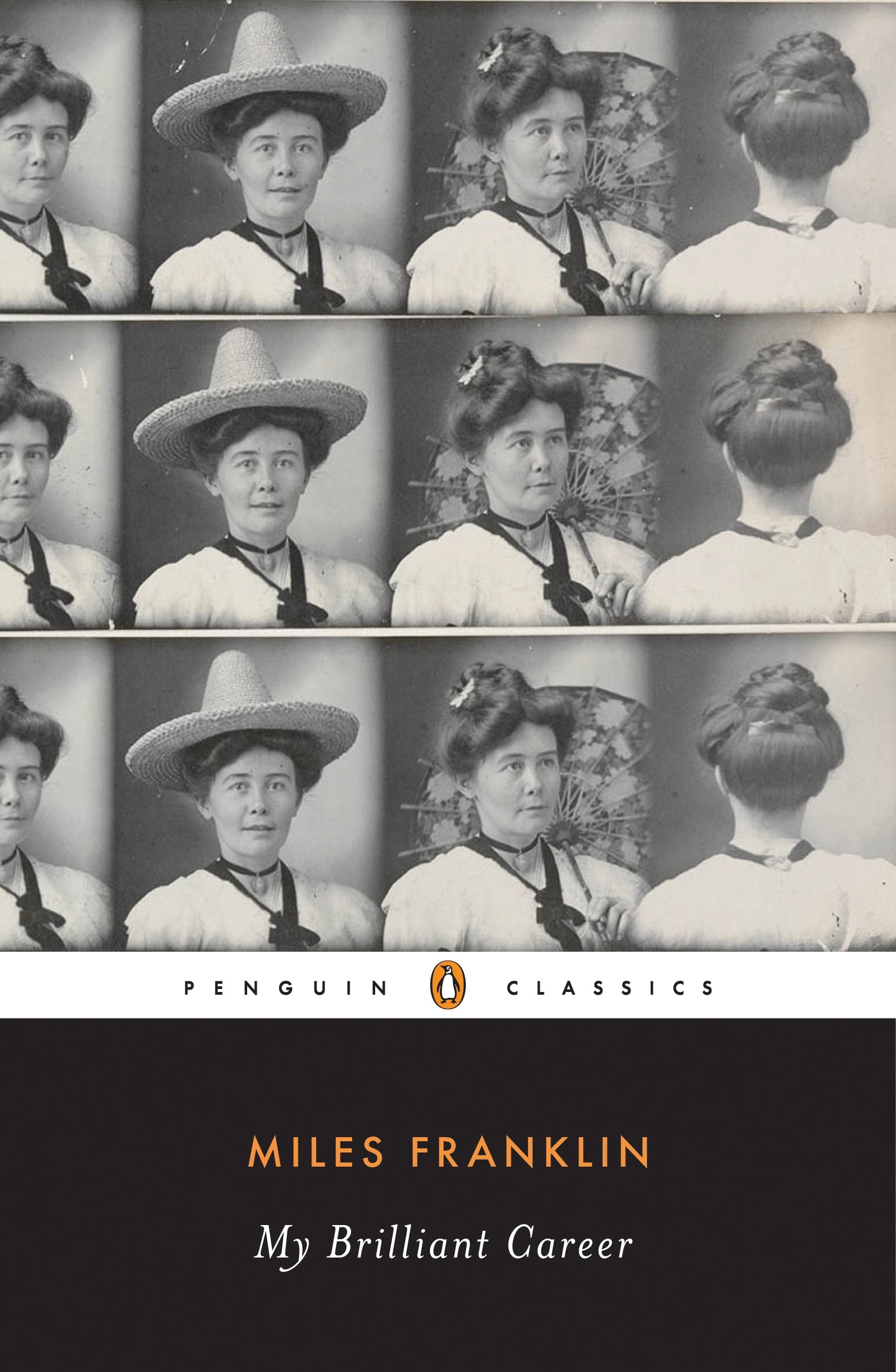There's nothing quite like a new year to inspire a fresh challenge. GIven this year has been declared the National Year of Reading in Australia, I have put my hand up for the 2012 Australian Women Writers Challenge.
What is the challenge and why is it necessary you may cry. Surely there is no need for affirmative action in 2012. Well (ahem) the statistics would appear to suggest otherwise.
Here's Jane Sullivan in the Sydney Morning Herald:
Here's Jane Sullivan in the Sydney Morning Herald:
The whole business of books, reading, writing and publishing is dominated by women. We live, after all, in a society where literature in many ways is a woman's world. Women write about half the books published. Sixty-two per cent of publishers are women (although most senior roles are held by men). Women make up 80 per cent of fiction readers. And according to British research, they buy almost twice as many books of all kinds as men do. And yet there remains a perception that compared with men, women writers and their works, both past and present, are far more often marginalised, belittled, pigeonholed, dismissed, ignored.
Until recently, I would have said that's all it was: a perception, neither proved nor disproved. Then last year, I read some statistics. An American women's literary organisation, VIDA, did a survey of how some of the most important and influential British and American literary and cultural journals looked at books in 2010.
It gets worse. The New Republic reviewed 55 books by men and nine by women. At The New Yorker it was 33 books by men, nine by women. At The New York Review of Books, 306 books by men and 59 by women. At The Times Literary Supple-ment, 1036 books by men and 330 by women.
Read more
So, dang it all, I'm up for it.

The AWW challenge allows or various levels of engagement.
I've categorised myself as a 'Miles dabbler' which means I've committed to read 6 and review at least 3 novels by Australian women by year's end. Read more about the challenge.
Over January I spent many delicious hours revelling in a reading of My Brilliant Career, written by an angsty 16 year old Miles Franklin, and published in 1901.

The AWW challenge allows or various levels of engagement.
I've categorised myself as a 'Miles dabbler' which means I've committed to read 6 and review at least 3 novels by Australian women by year's end. Read more about the challenge.
Over January I spent many delicious hours revelling in a reading of My Brilliant Career, written by an angsty 16 year old Miles Franklin, and published in 1901.
I first encountered the story when I was 15, via the captivating movie starring Judy Davis, Sam Neill and Wendy Hughes. It had quite an influence on me at the time.
 My reflections on the novel will follow soon on this blog, but I am most certainly after the dvd to add to our collection.
My reflections on the novel will follow soon on this blog, but I am most certainly after the dvd to add to our collection. Next will be Kate Grenville's historical novel, The Secret River. I've selected this because I completely adored The Idea of Perfection which won Grenville the Orange Prize.
Beyond that I will see what tickles my fancy as I'd like to include some hot off-the-press and young adult titles.
Until then...
Catch up on my AWWC reading to date, together with other literary reviews here.




